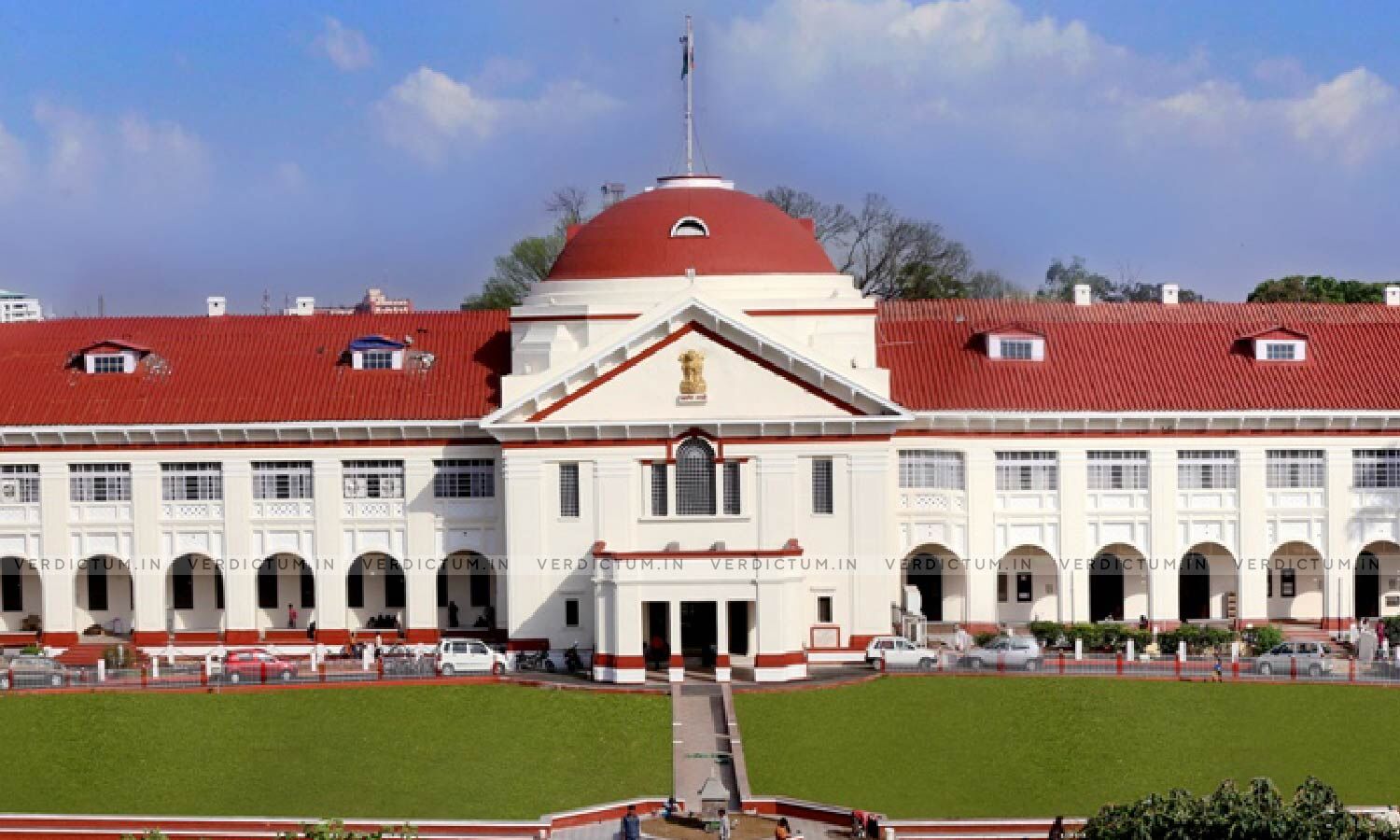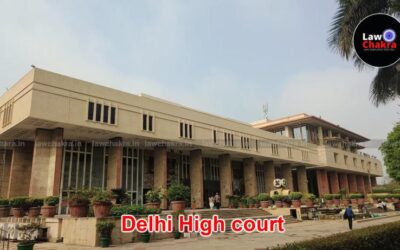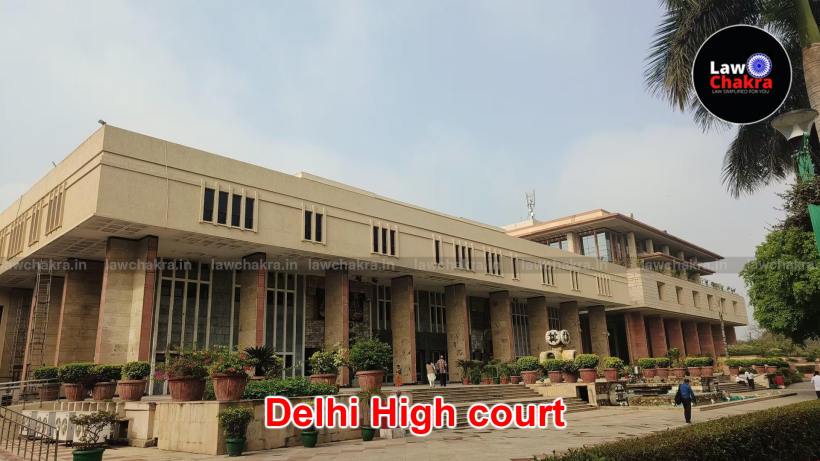Patna High Court Sets Aside Order Against Juvenile In Arms Act Case

While quashing an order of conviction passed against a juvenile in an Arms Act case, the Patna High Court has observed that before passing any appropriate order regarding a juvenile in conflict with law, the Juvenile Justice Board or the Court must take into consideration the social investigation report regarding him.
The Criminal Revision petition before the High Court was preferred against the judgment passed by the District and Sessions Judge upholding the order of the Juvenile Justice Board, finding the petitioner guilty of the offence punishable under Section 25(1-B)a and Sections 26,35 of the Arms Act. The order was passed to send the petitioner to Special Home, Patna, for three years, subject to adjustment of the period of detention the petitioner had already suffered.
The Single Bench of Justice Jitendra Kumar said, “From the conjoint reading of Sections 15 and 16 and Rule 3 of J.J. Rules, 2007, it clearly emerges that before passing any appropriate order with reference to a juvenile in conflict with law, the J.J. Board or the court must take into consideration the social investigation report regarding him and keep in mind the fundamental principles as provided in Rule 3 of the J.J. Rules, 2007 while passing appropriate order after inquiry.”
“Under such facts and circumstances, I find that while passing order under Section 15 of the J.J. Act, 2000, the J.J. Board/Court has not taken into consideration the Social Investigation Report to decide what was in the best interest of the petitioner. By sending him to special home for three years, the Board/Court acted against the interest of the petitioner by not providing him appropriate opportunity to continue his studies”, it added.
Advocate Bimlesh Kumar Pandey represented the Petitioner while APP Jai Narain Thakur represented the Respondent.
Factual Background
The informant had received secret information that three criminals were going to the station on a motorcycle to commit a crime. On seeing the police, the three accused started fleeing. One of them fled away, throwing his bag, however, the rest two, including the petitioner, were apprehended. On search, the police recovered a 9 mm pistol made in Italy and a country-made pistol loaded with cartridges of 315 bore from the petitioner. The other two accused persons were also apprehended with country-made pistols. The recovered arms and cartridges were seized, and seizure lists were prepared.
Thereafter, a chargesheet came to be filed against all three FIRs for the offence punishable under Section 25(1-B)a and Section 26 read with Section 35 of the Arms Act. In the order passed in the year 2012, the Petitioner was declared juvenile and his case was transferred to the Juvenile Justice Board, Bettiah for inquiry and disposal. After inquiry, the petitioner was found to be guilty and he was directed by the Juvenile Justice Board to be sent to the Special Home, Patna for 3 years, subject to adjustment of the period of detention the petitioner has already suffered. The petitioner filed an Appeal, which was dismissed. Aggrieved thereby, the petitioner filed the Revision before the High Court.
Reasoning
On a perusal of the prosecution evidence adduced during the inquiry before the J.J. Board, the Bench found that the very seizure and recovery of the arms and ammunition from the possession of the petitioner was highly doubtful. There was also no evidence on record to show that the alleged seized arms and ammunition from the possession of the petitioner were sealed on the spot and deposited in Malkhana with identification marks, and the same were sent for a ballistic test.
As per the Bench, sealing all the arms and ammunition seized from the three accused in the same sack, showed that even prosecution could not show which arms and ammunition were seized and recovered from the petitioner. “Under such facts and circumstances of the prosecution case during inquiry, the very seizure and recovery of the arms and ammunition from the petitioner could not be proved beyond reasonable doubts. It would be travesty of justice to find the petitioner guilty on such evidence against him”, it said.
The Bench also held that even the order of sentence passed under Section 15 of the J.J. Act, 2000 did not align with the object, spirit and provisions of the Act. Considering that the alleged occurrence had taken place in 2012, the Bench held that the J.J. Act, 2000, as amended in the year, 2006, would be applicable, even though J.J. Act, 2000, had been repealed by the Juvenile Justice (Care and Protection of Children) Act, 2015. However, as per Section 25 of the J.J. Act, 2015, the application of the J.J. Act, 2000 in all the pending proceedings under the Act of 2000 has bee saved, it noted.
The Bench further added, “…during the juvenile inquiry by the J.J. Board, the Board is required not only to find guilt/innocence of the juvenile, but also to investigate the underlying social and familial causes of the offence committed by the juvenile so that the Board/Court may pass appropriate order with intent to reform, rehabilitate and reintegrate the errant juvenile with mainstream of the society. Punishment of juvenile in conflict with law has never been the purpose of the juvenile justice.”
As per the Social Investigation Report of the Probation Officer, there was no criminal antecedent of the petitioner, and as per the co-villagers, he bears a very good conduct and is a bright student. It was also brought to the Court’s attention that the Petitioner has secured 75 per cent marks in his matriculation examination, and he wants to do B. Tech at Chennai, where his brother is also pursuing the course of B.Tech. The report of the Probation Officer also mentioned that on the date of the alleged occurrence, he had gone to get paddy seeds, where he met co-accused, Prince, who was acquainted with the victim and started taking tea with him.
The co-accused was having a stolen motorcycle and he was carrying a bag when the people who had assembled at the chowk started doing inquiry with the co-accused, Prince, about the motorcycle. He fled away, leaving behind his motorcycle and the bag. The persons who had assembled there also started beating the petitioner, considering him the friend of the co-accused, and subsequently, police apprehended the petitioner.
Thus, allowing the Petition, the Bench set aside the judgment of conviction and the order of sentence passed by the J.J. Board and the Appellate Court, acquitting the petitioner of all the charges.
Cause Title: Diwakar Singh @ Mithu Singh v. The State of Bihar (Case No.: Criminal Revision No.359 of 2019 )
Appearance:
Petitioner: Advocate Bimlesh Kumar Pandey
Respondent: APP Jai Narain Thakur




